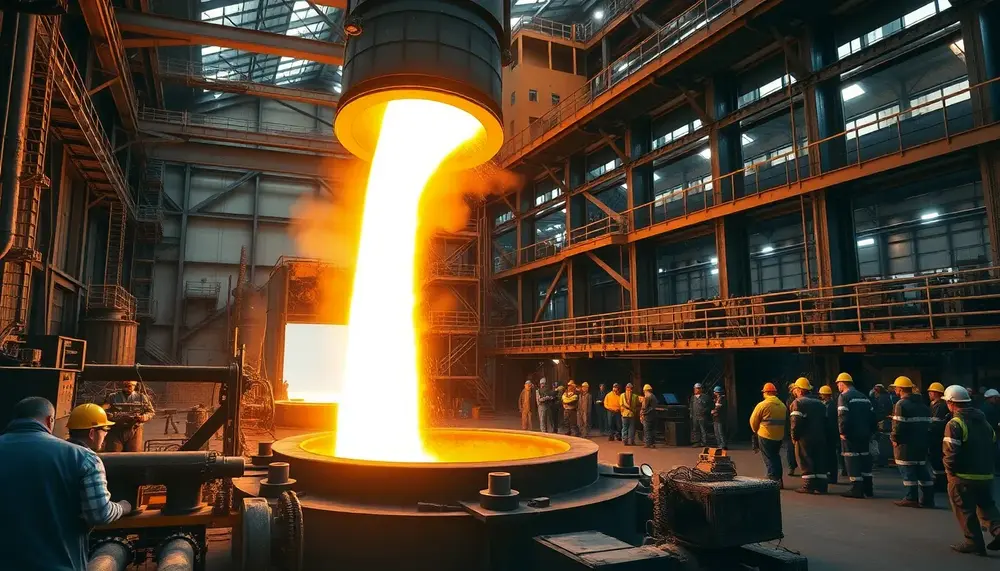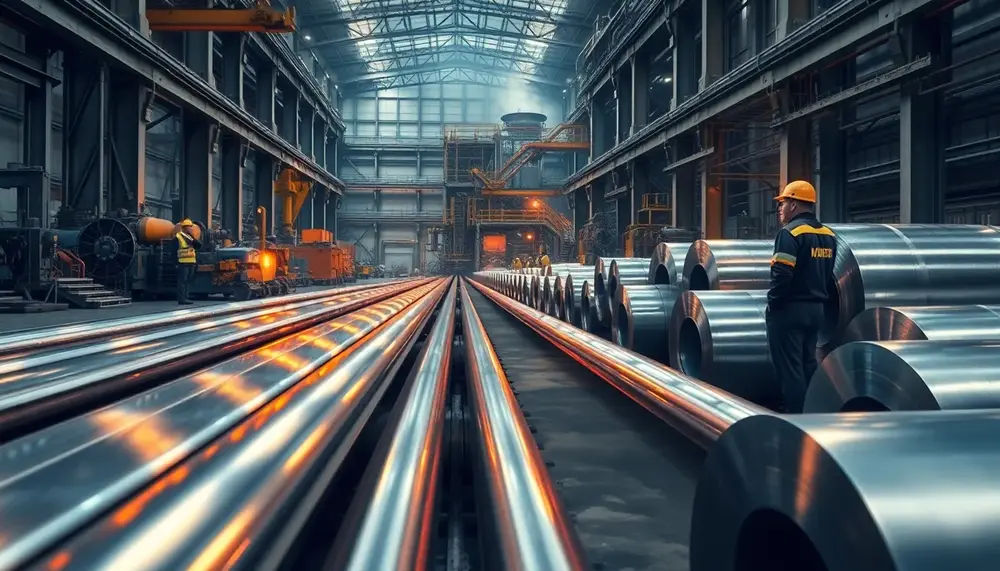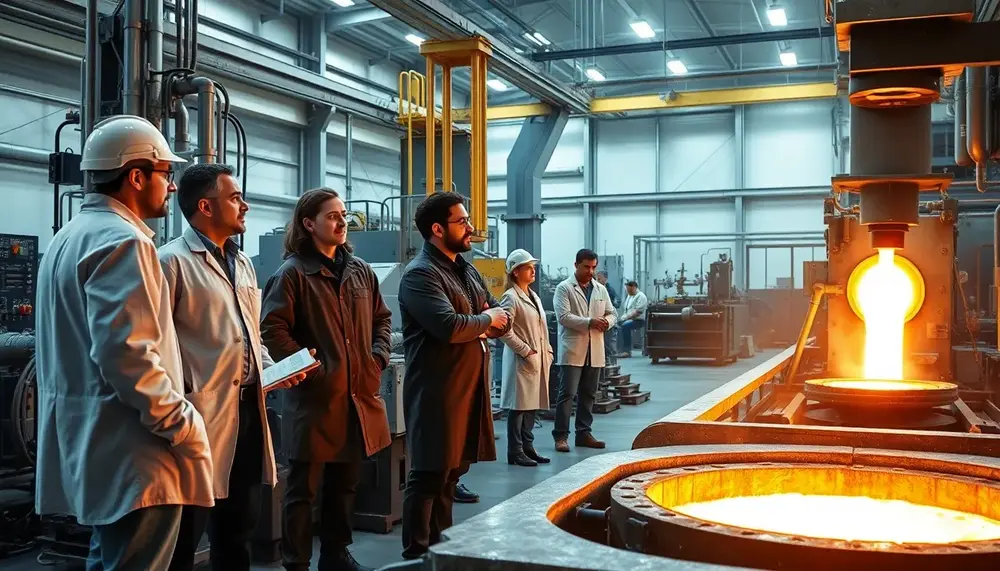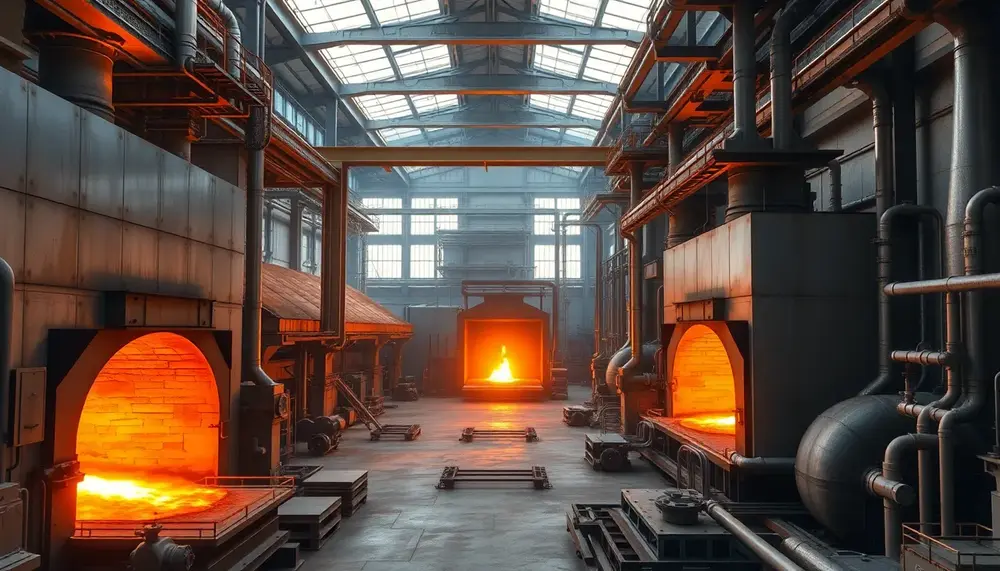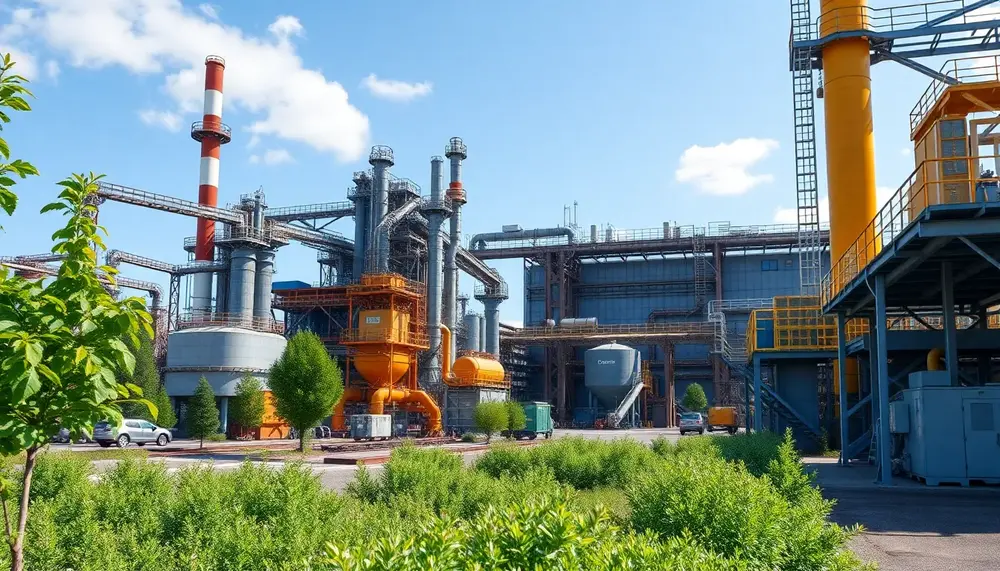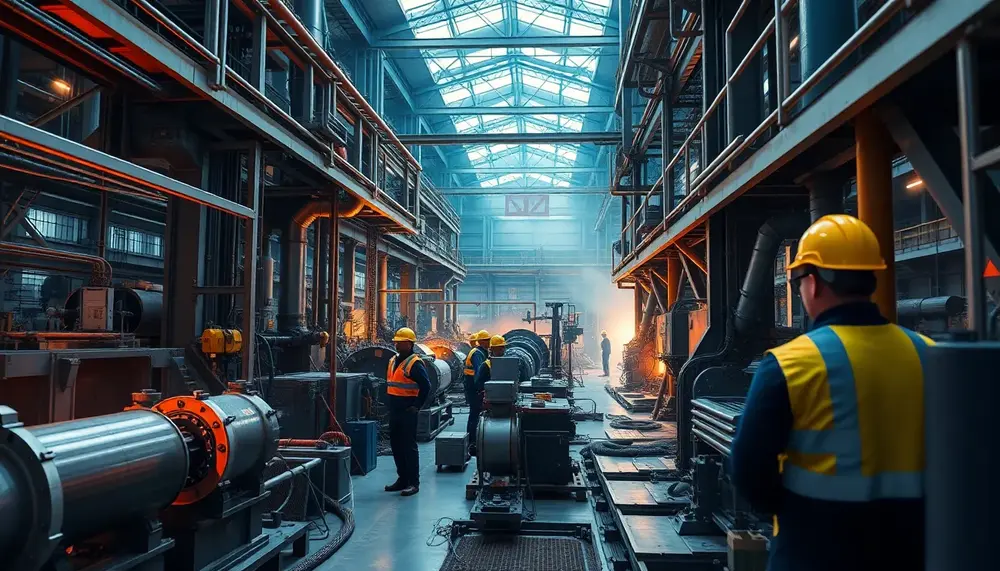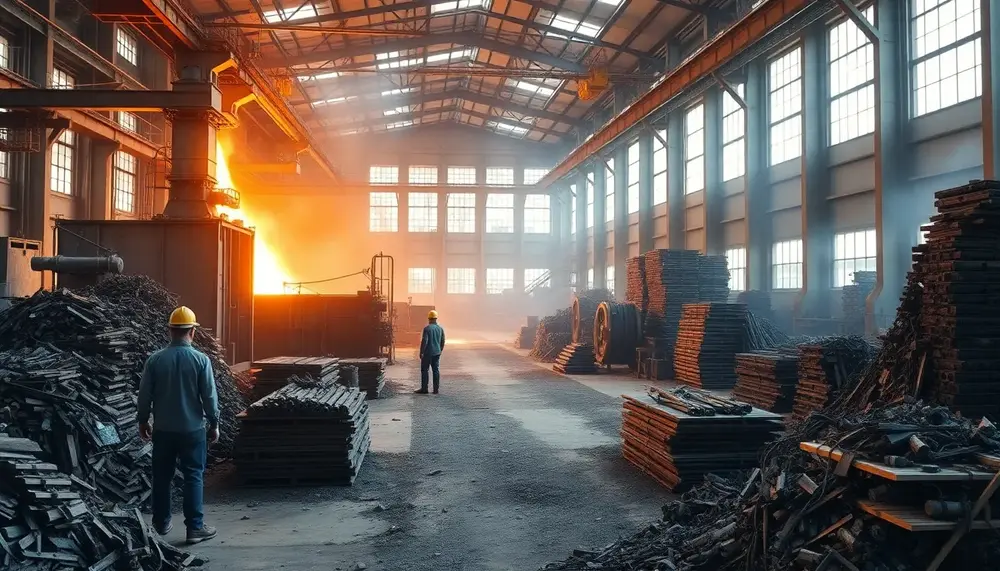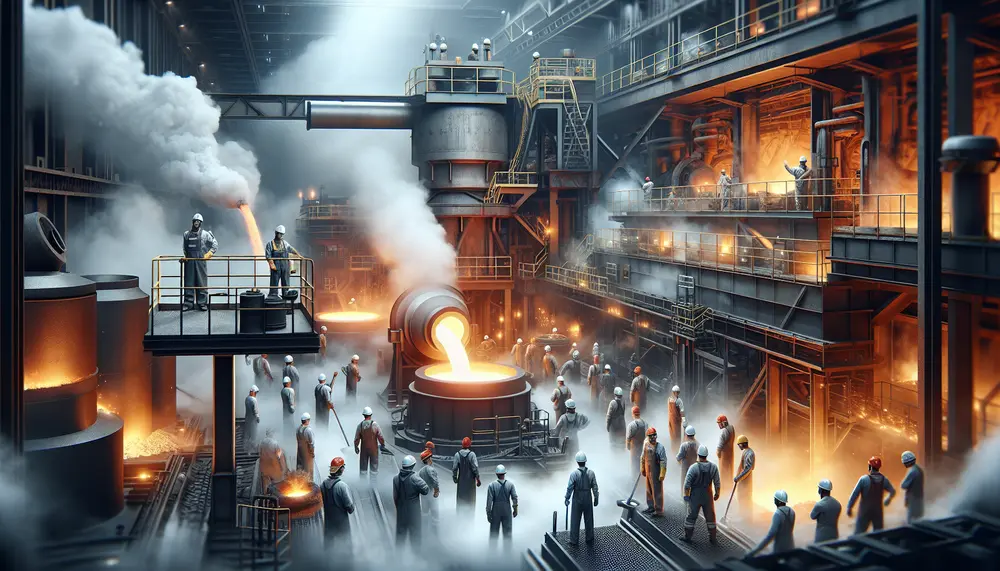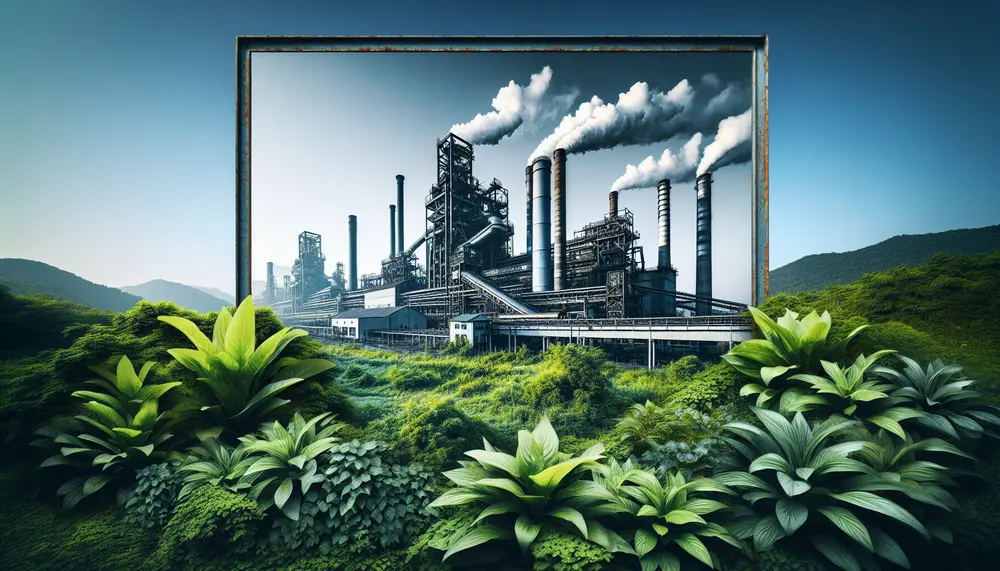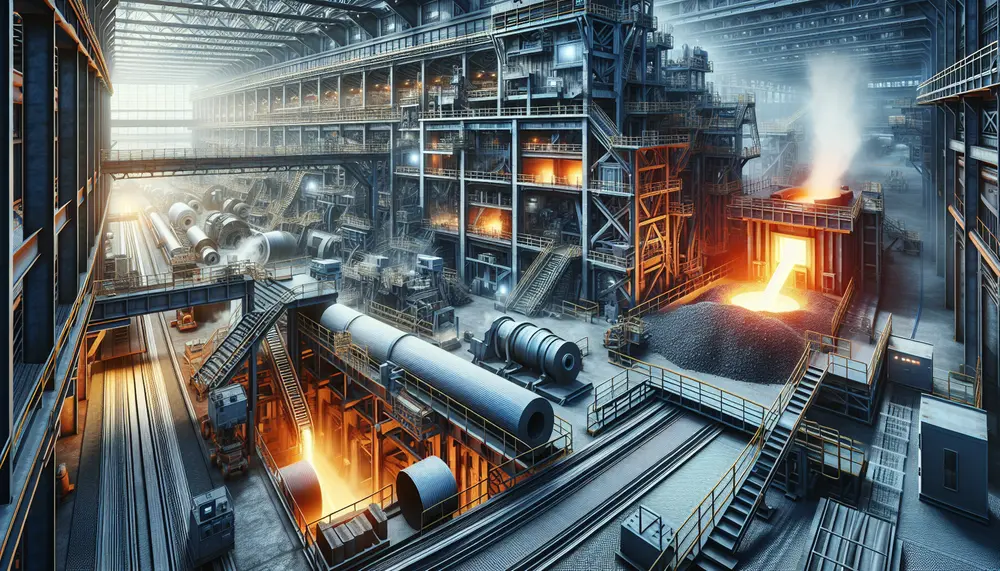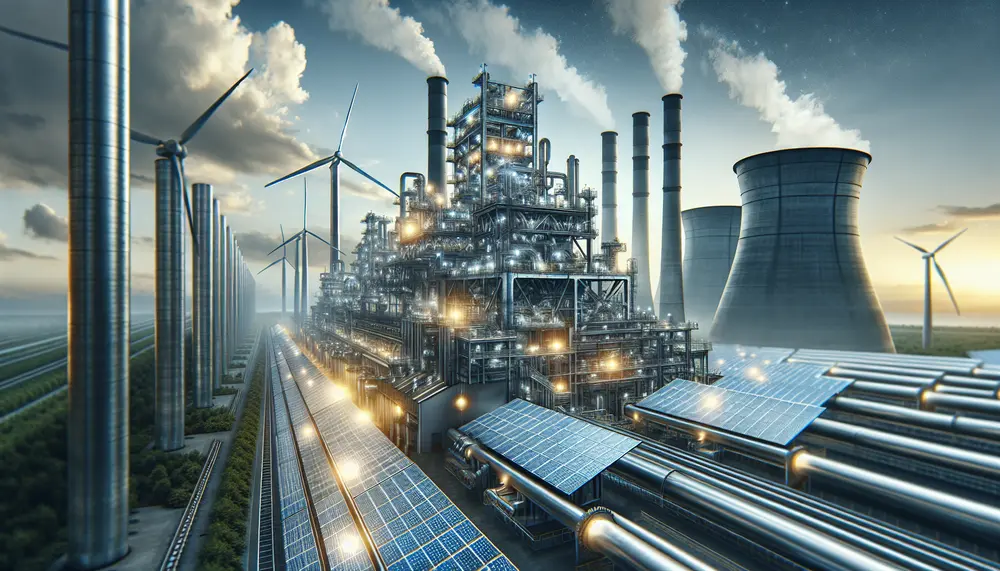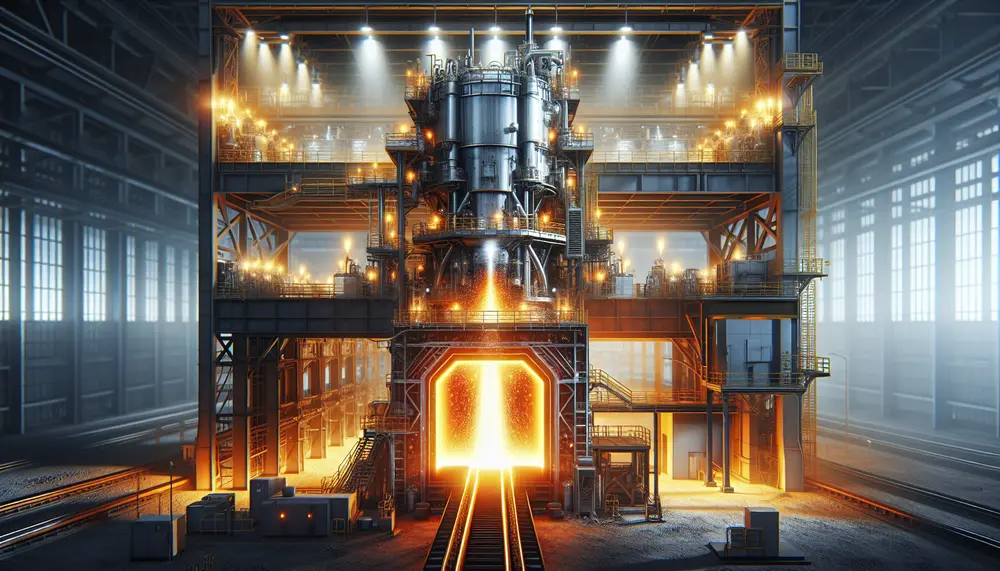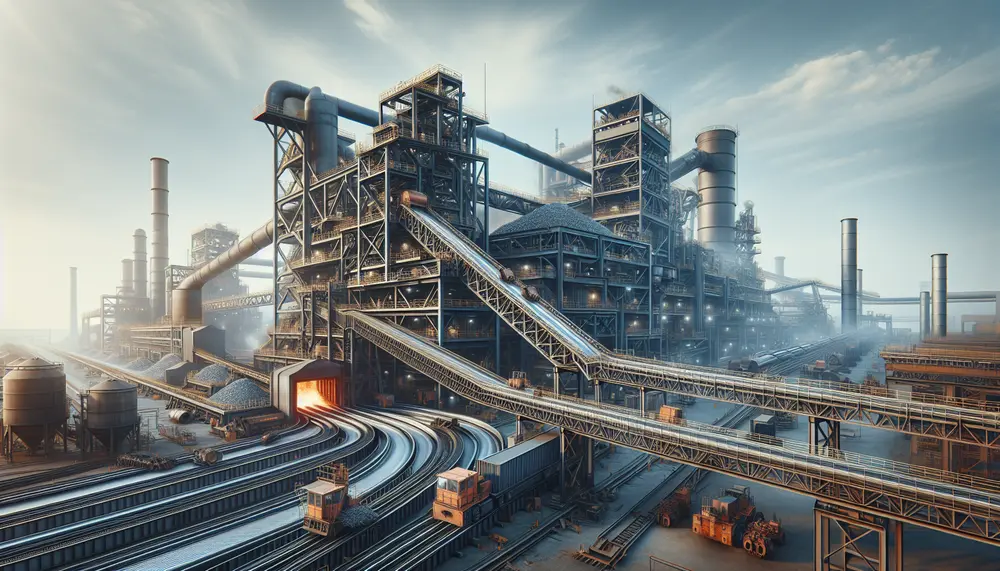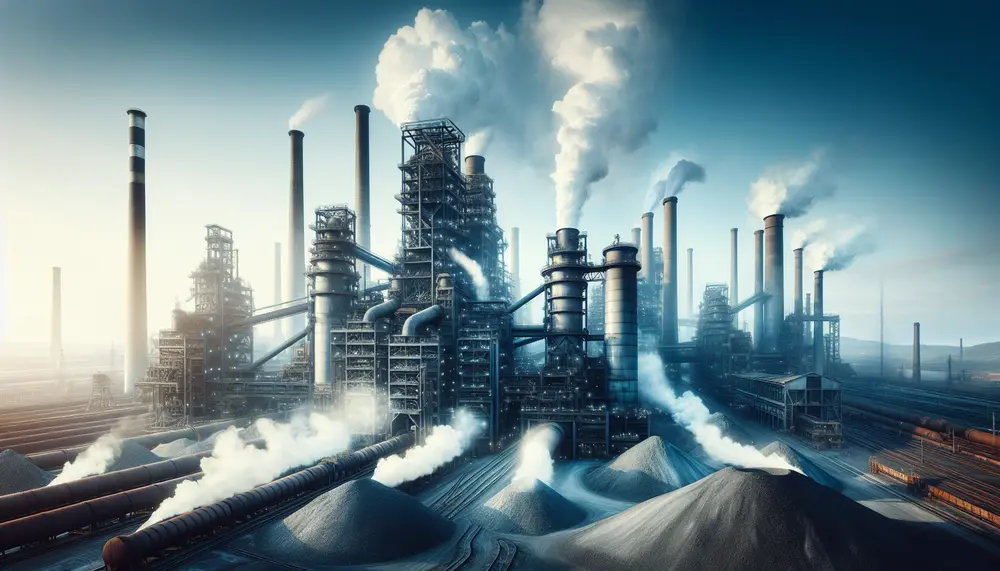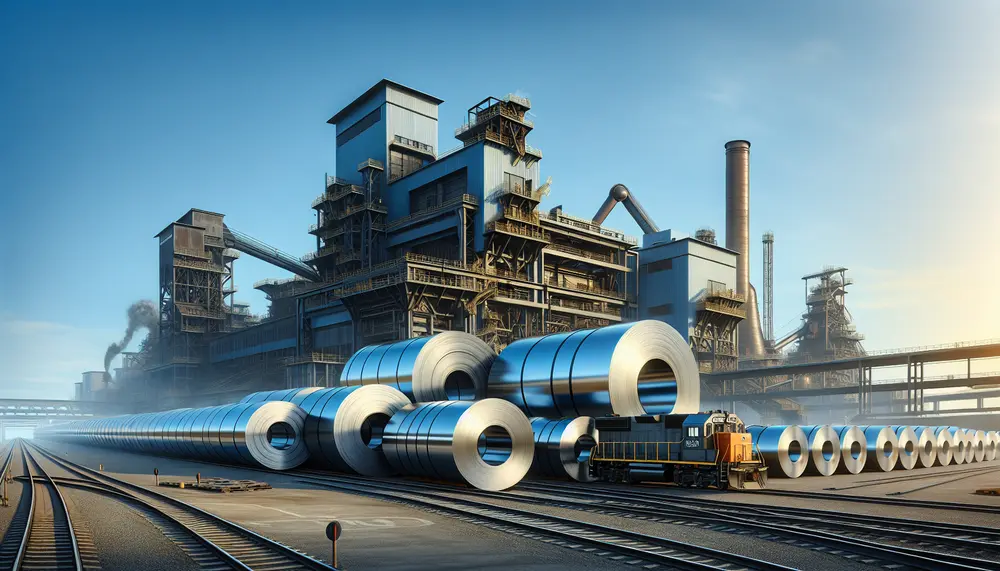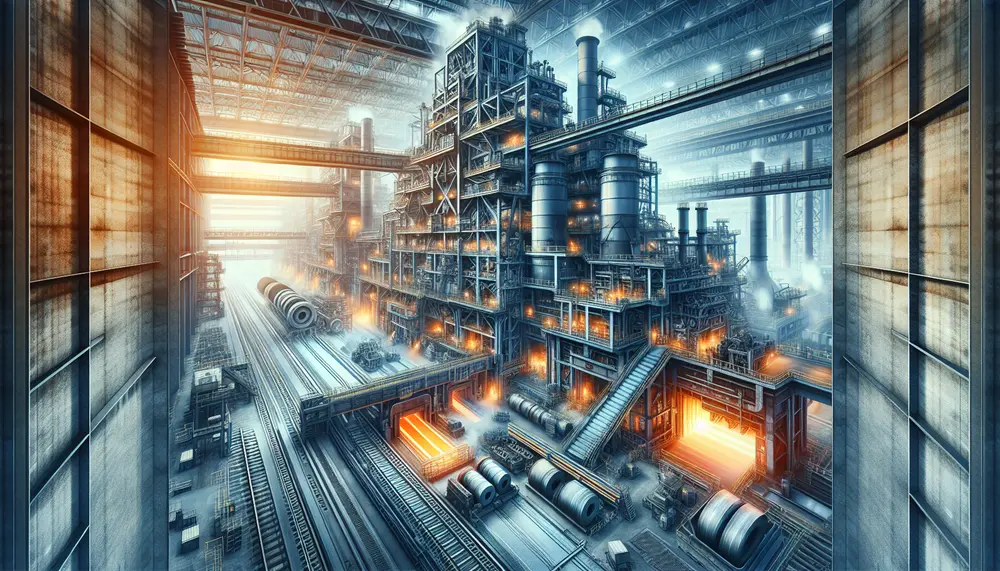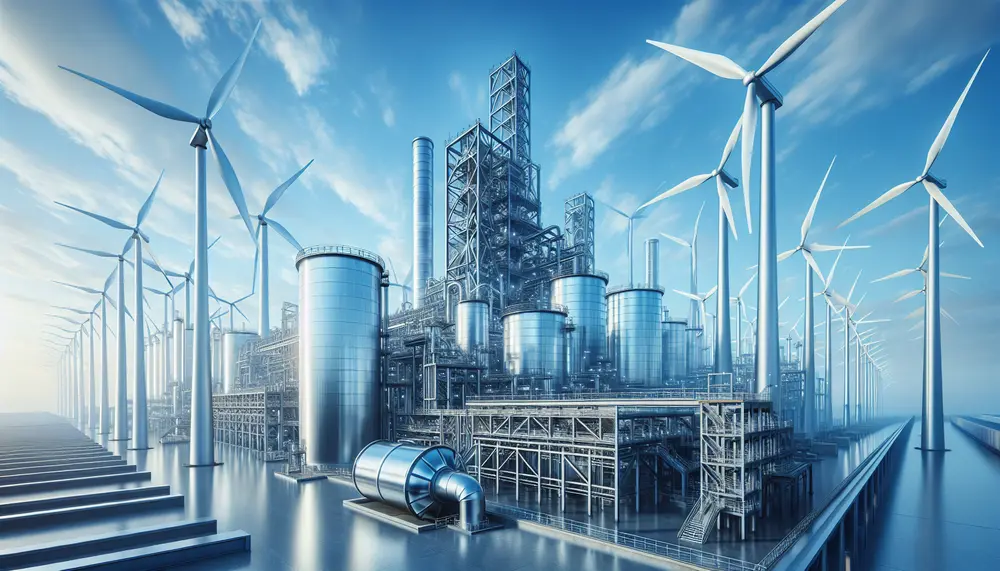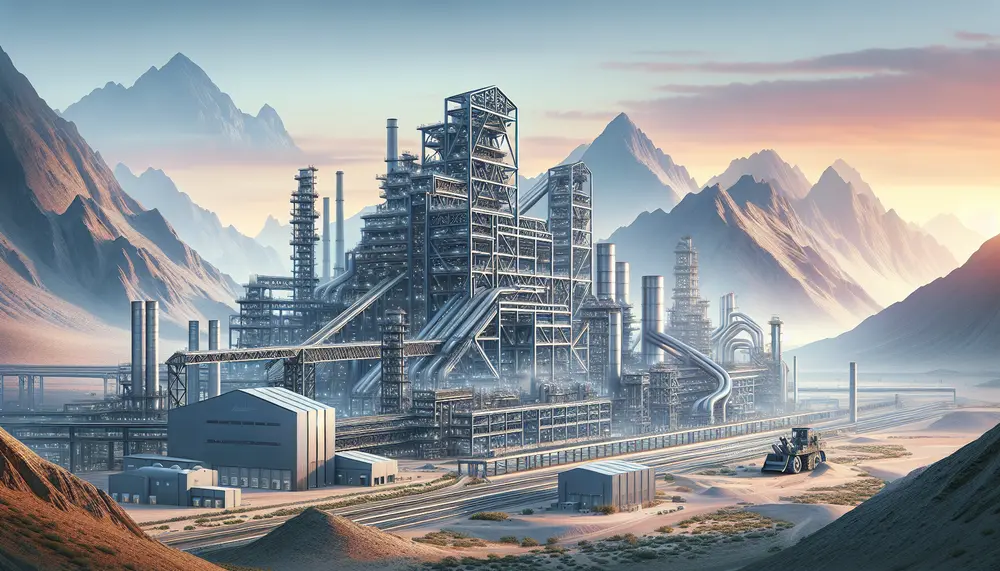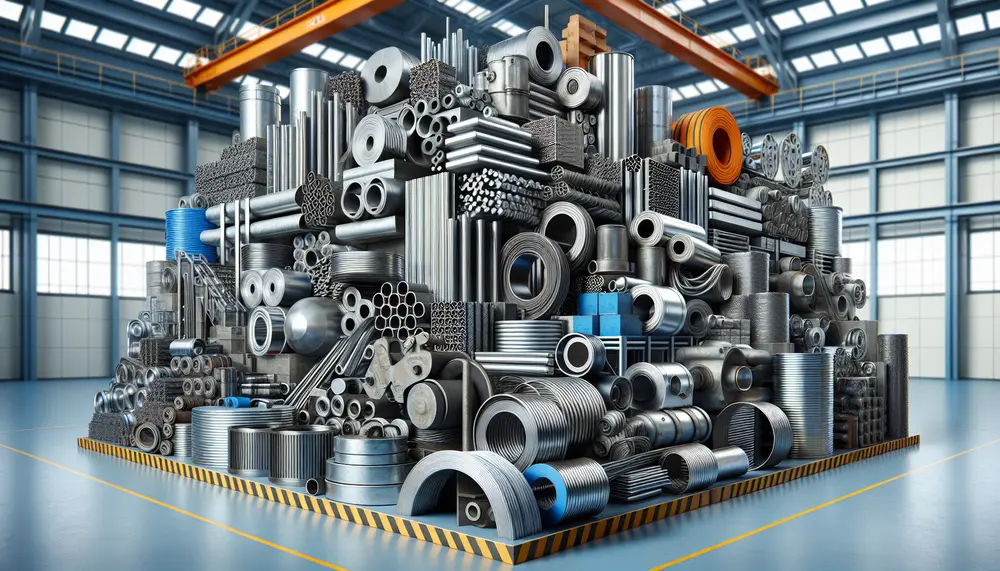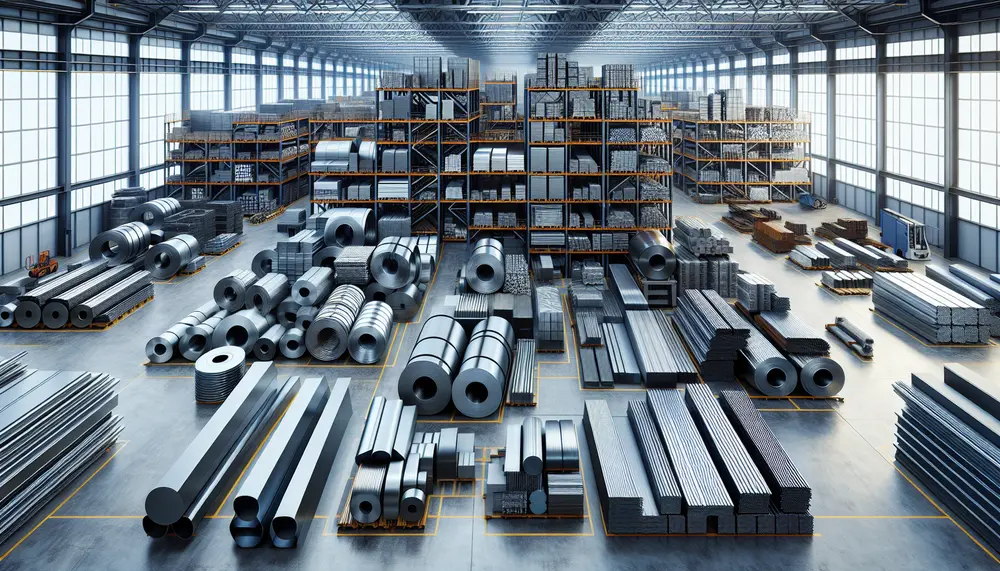Posts on the Topic Energy
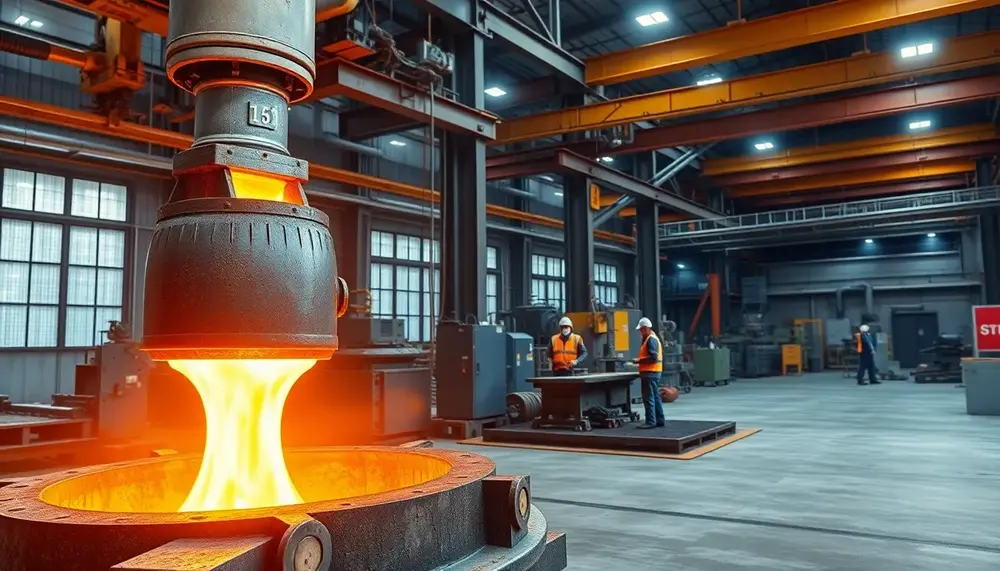
Steelmaking R&D drives innovation by integrating sustainability, advanced technologies like hydrogen-based processes and AI modeling, and fostering breakthroughs in efficiency and emissions reduction. These advancements are reshaping industries reliant on steel while addressing global environmental challenges through cleaner production methods...
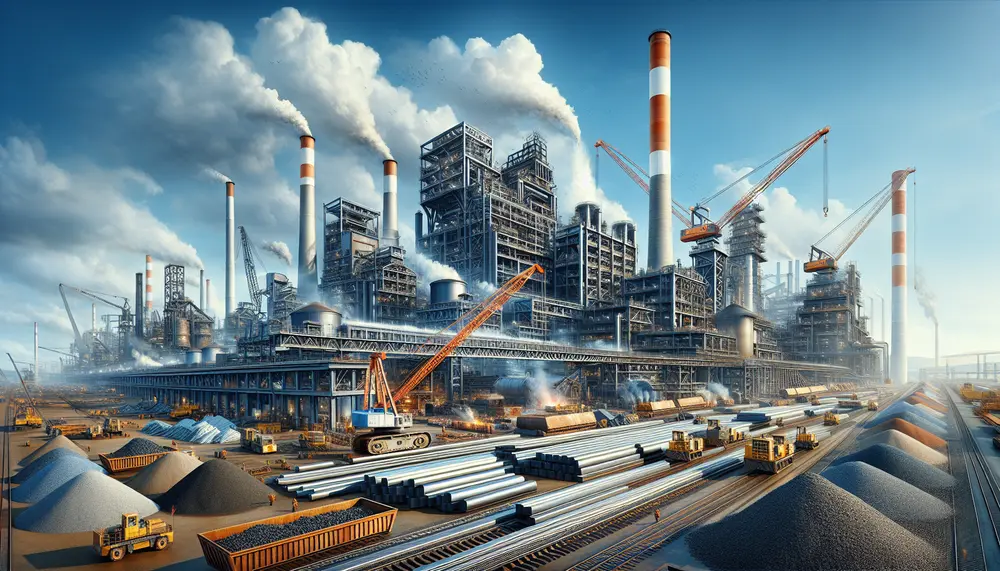
Steelmaking capacity is crucial for understanding the steel industry's dynamics, with factors like plant size and technology influencing production levels; the OECD plays a key role in monitoring global capacity, promoting sustainable practices, and addressing challenges such as overcapacity through...
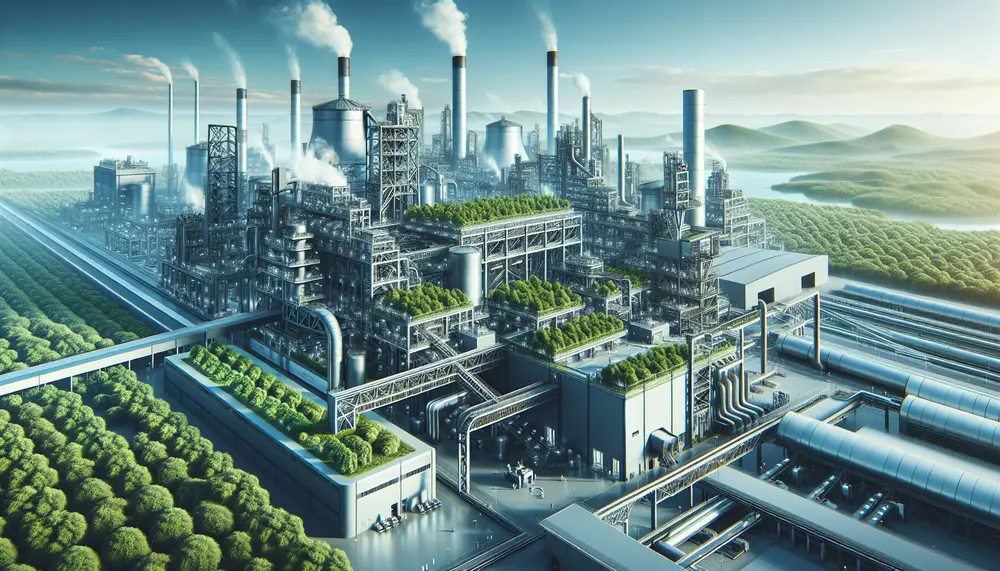
The green steelmaking process aims to reduce the significant CO₂ emissions from traditional steel production by utilizing cleaner technologies and renewable energy sources, including hydrogen. This transition involves optimizing existing processes, adopting new sustainable methods, and fully integrating green hydrogen...
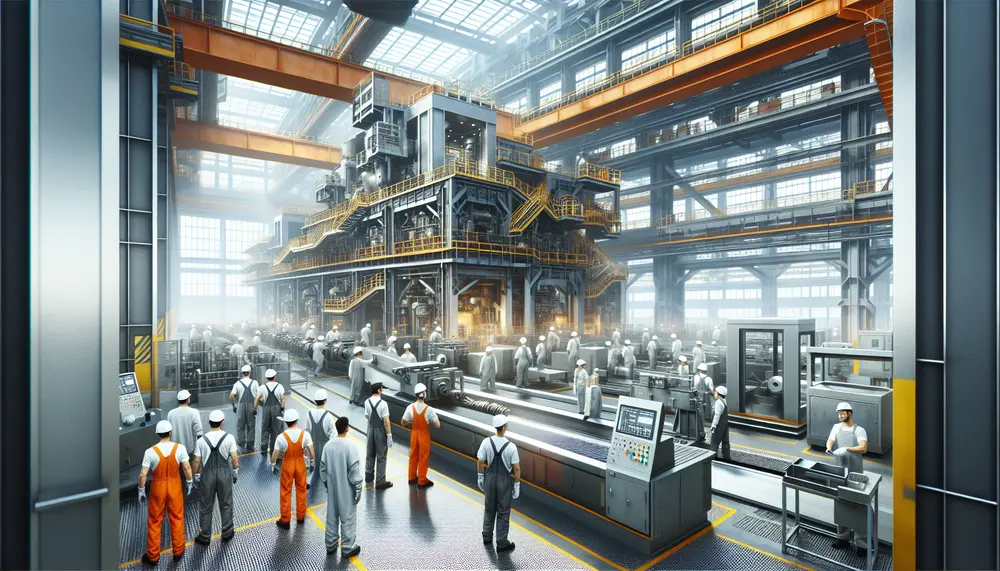
The article discusses the significant environmental challenges of steelmaking, such as high CO2 emissions and energy consumption, and explores innovative solutions like the EPIXC Project's hydrogen-arc plasma technology. It also highlights the importance of recycling in reducing steel production's carbon...
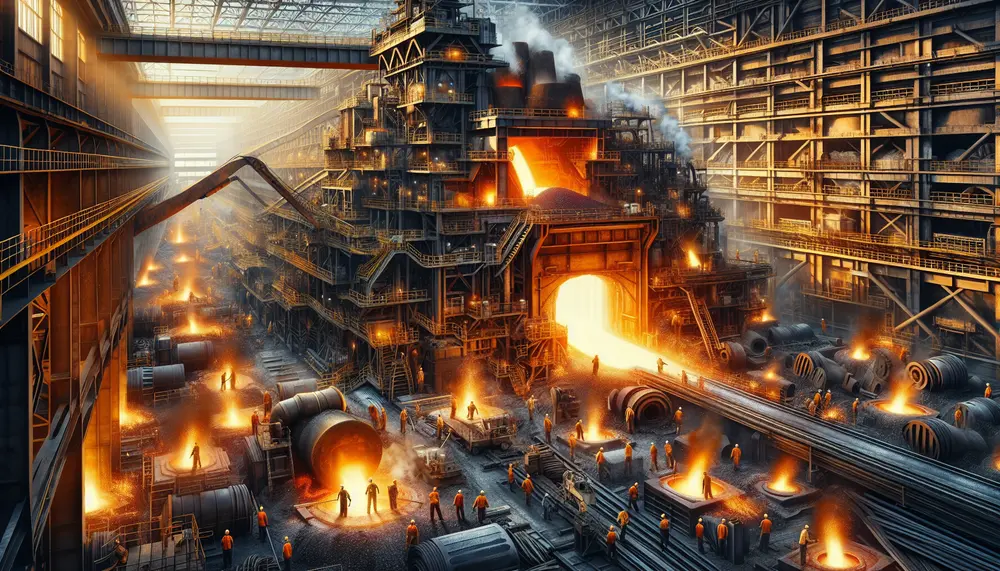
Steel is indispensable in modern society due to its versatility and strength, playing crucial roles in construction, transportation, energy sectors, and everyday life. The steel-making process involves several complex steps from raw material preparation to rolling and finishing, while traditional...
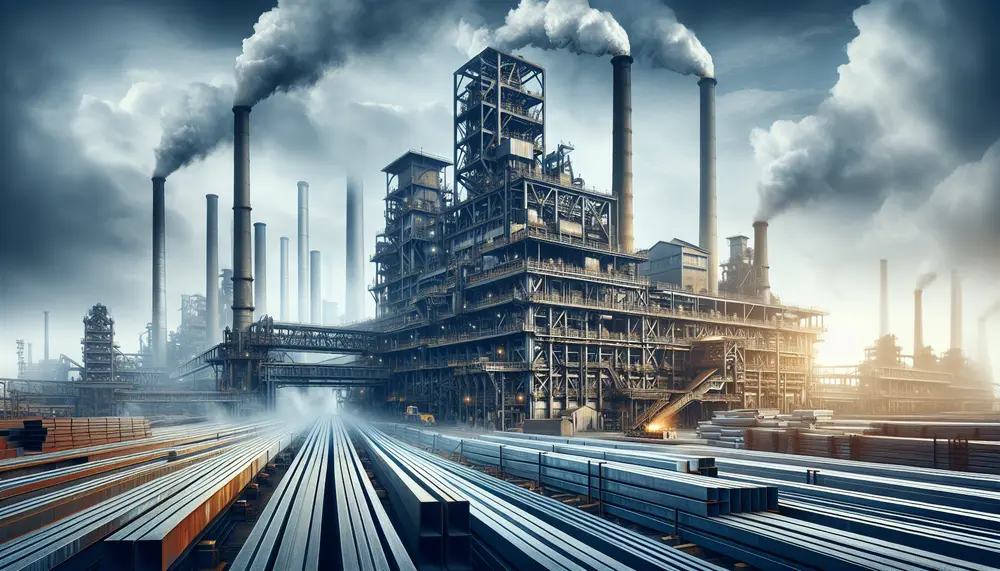
Steel production is a highly energy-intensive process with significant environmental impacts, making the understanding and monitoring of energy consumption at each stage crucial for sustainability. Energy efficiency in steel manufacturing is essential for cost-effectiveness, competitiveness, and reducing carbon emissions, with...
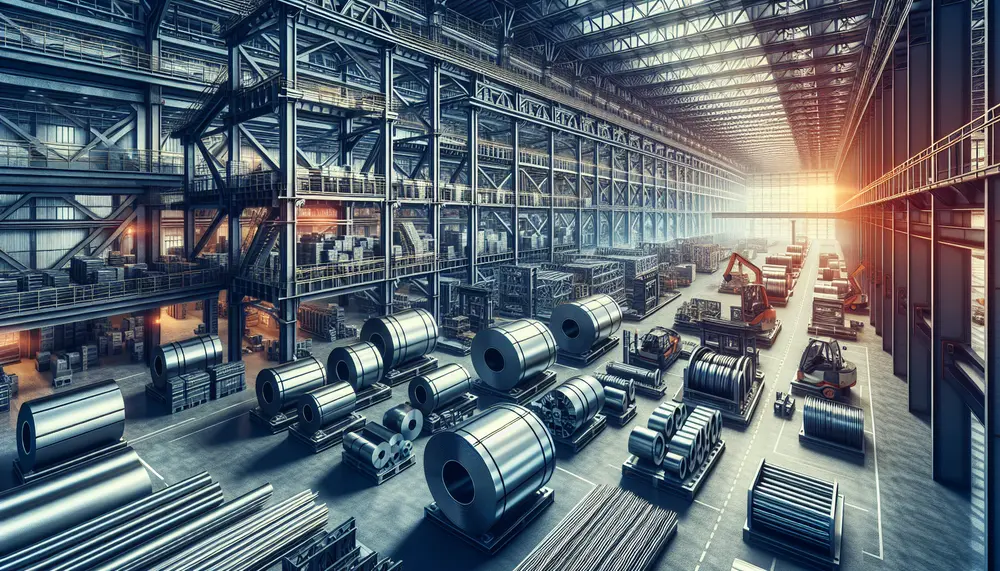
Steel tech products are essential to modern infrastructure, offering enhanced strength, durability, and adaptability across various industries. They contribute to economic growth and sustainability through innovative manufacturing techniques that improve performance while reducing environmental impact....
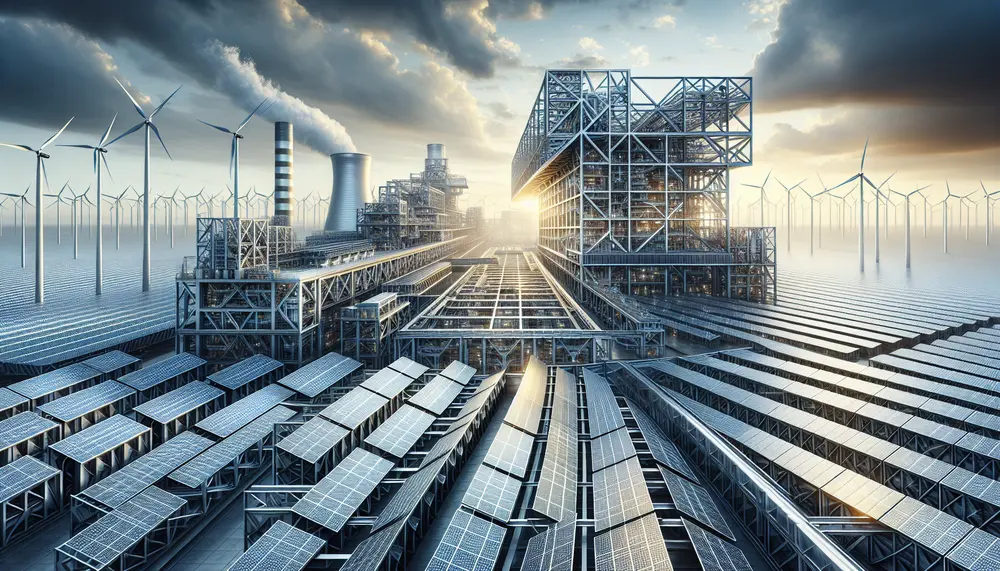
The article discusses the steel industry's transition from coal-based production to more sustainable methods due to climate change concerns, highlighting innovations like hydrogen use and renewable energy integration. It outlines both environmental impacts of traditional methods and pros and cons...
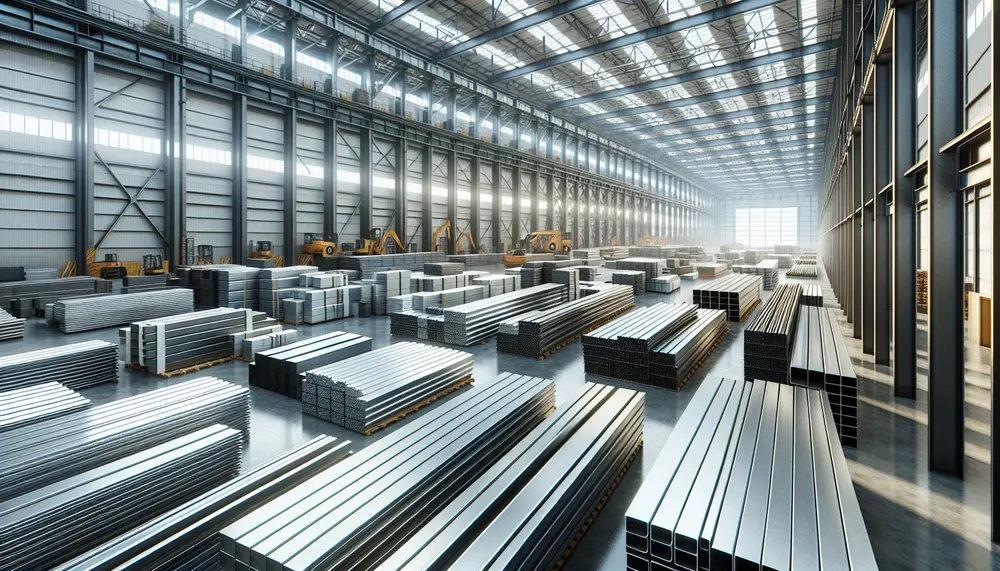
Steel is essential to modern industry, vital for construction, manufacturing, and innovation due to its strength, flexibility, and recyclability. Choosing the right steel products company involves considering product range, quality assurance, expertise, supply chain efficiency, customer support, customization options, and...
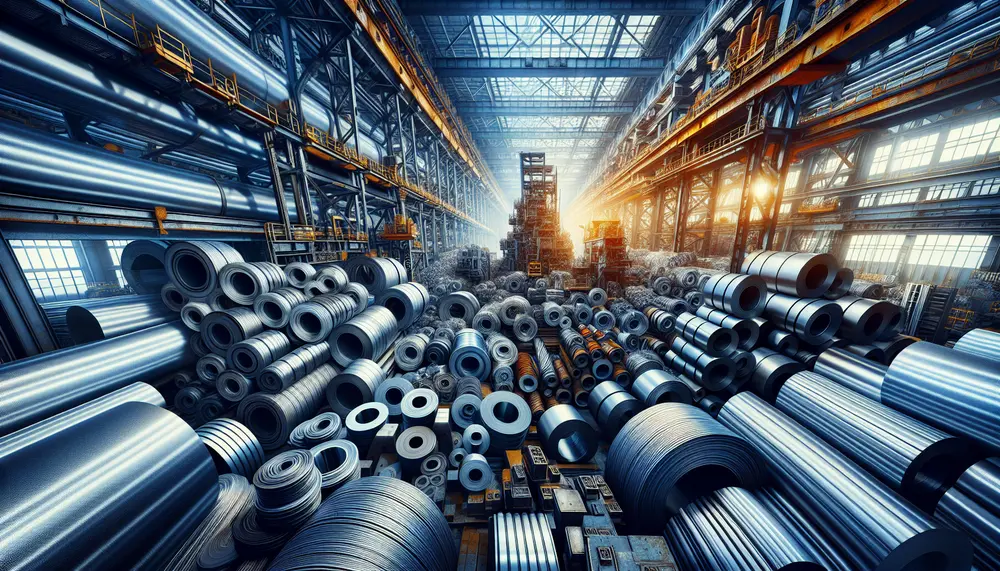
Steel is a versatile material essential to modern industry, with various grades tailored for specific uses from construction to technology. Its key advantages include durability, resistance to extreme conditions, and recyclability, making it integral in innovation and sustainability efforts across...
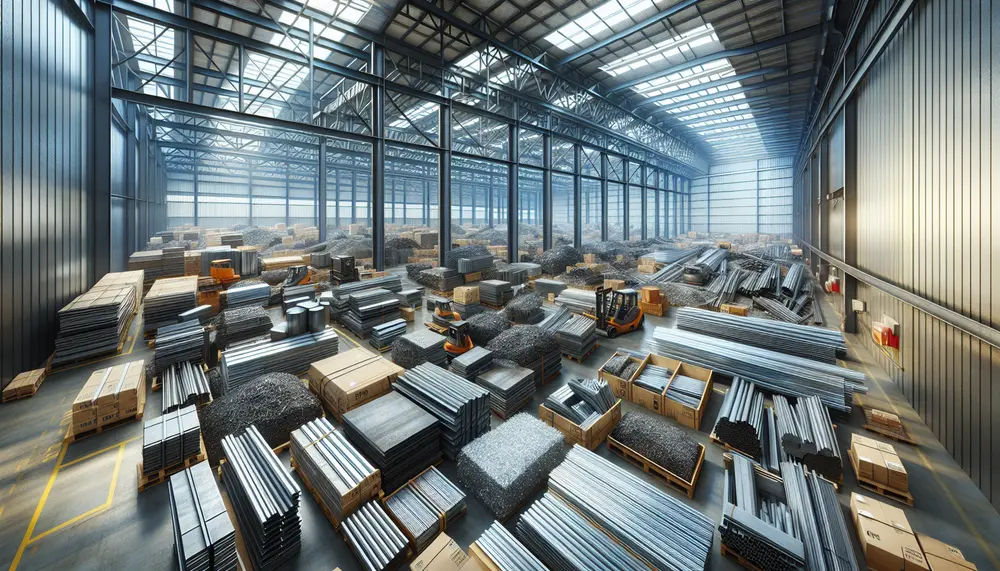
Used steel products hold significant value due to their recyclability and energy savings when repurposed, with the industry recognizing this potential for economic and environmental benefits. The lifecycle of steel demonstrates its durability and endless recyclability, emphasizing the importance of...

